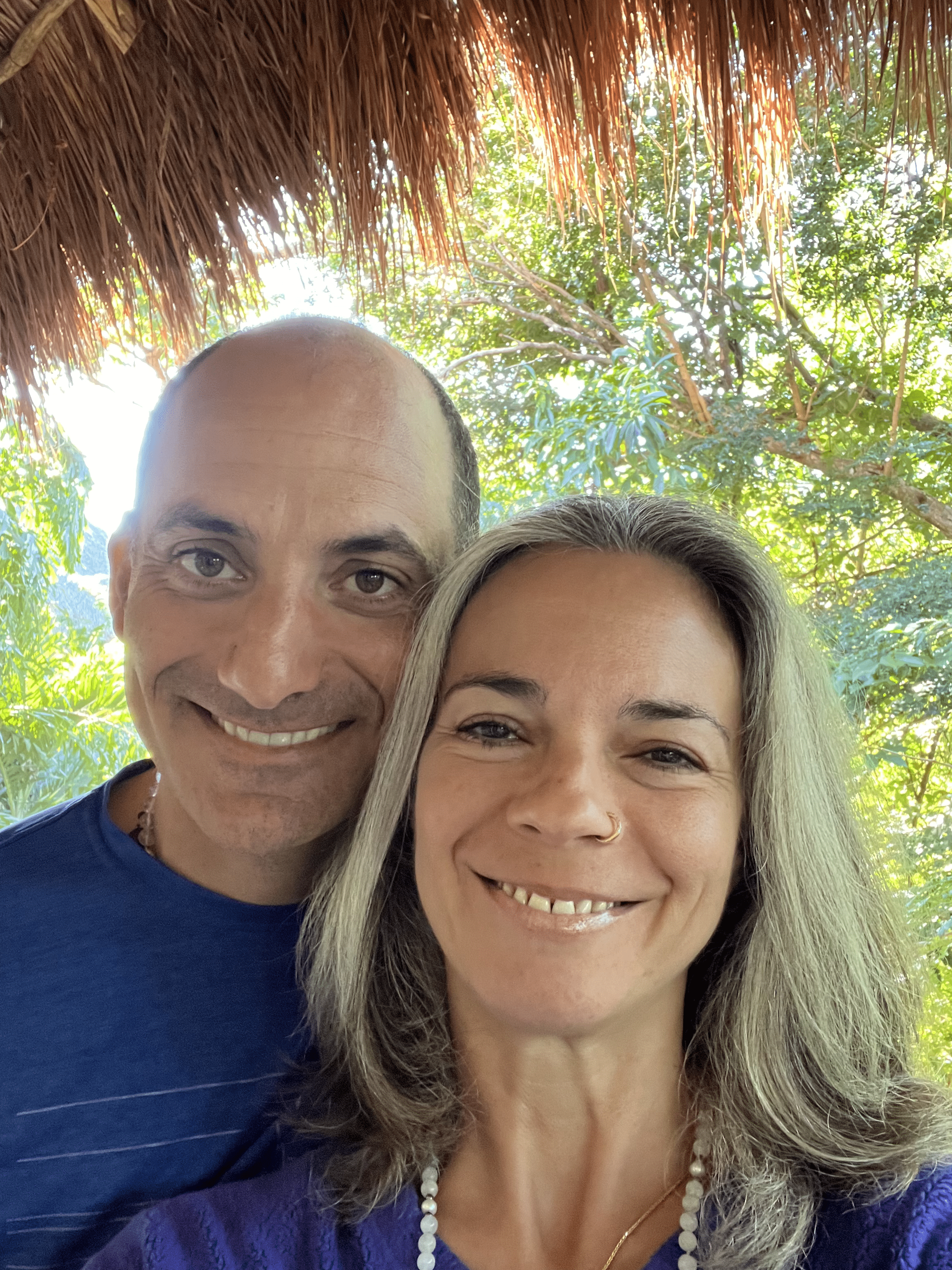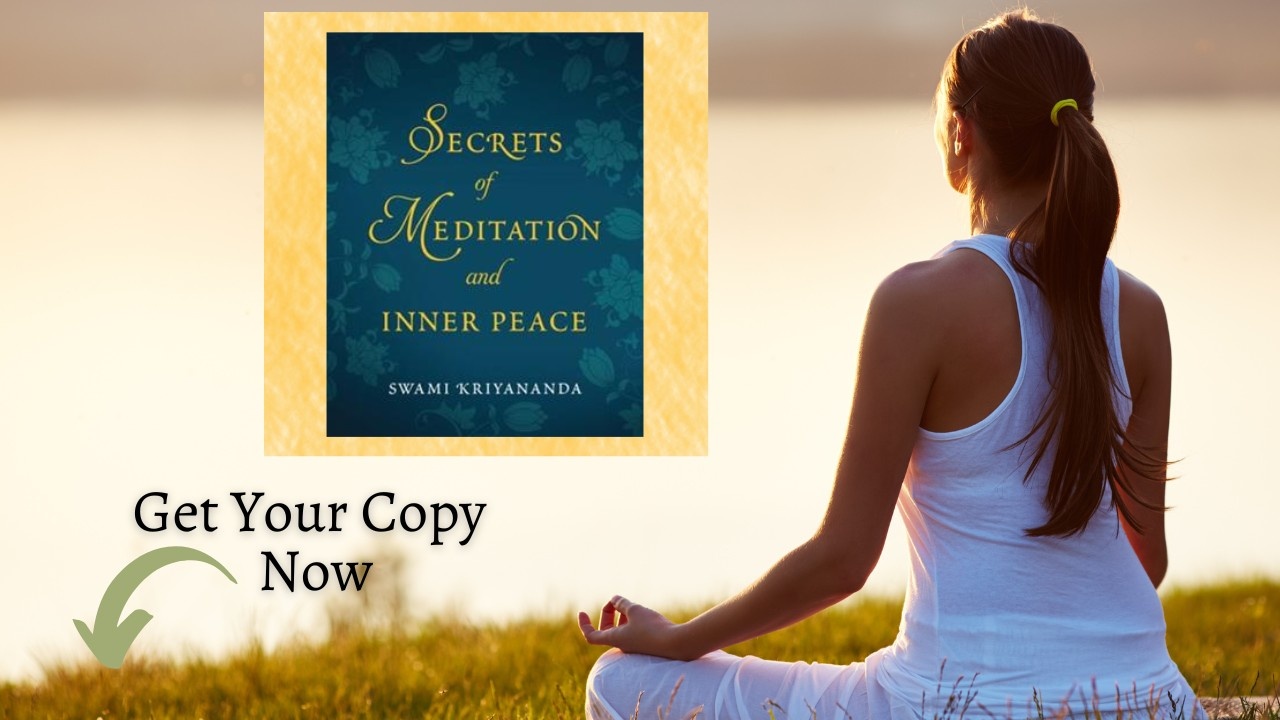The Return to Zero
Aug 07, 2022by Nayaswami Narayan

During our kriya retreat last week, Nayaswami Parvati told us about Shunyabai, a renunciate who visited Ananda village many years ago. Swami Kriyananda delighted in his presence and the simplicity of his name, “Brother Zero.”
Humorously, related to “Brother Zero” Parvati remarked that her favorite financial statement is the balance sheet (which, if you were not aware, adds up to zero!). Her reference to Shunyabai seemed all the more appropriate during our kriya retreat as the practice of kriya yoga brings our inner energy to a center of perfect balance. When the balance sheet of our spine is cleared of likes and dislikes, we return to our divine nature within.
Beyond elation and depression, Patanjali, the ancient yoga seer, describes how to achieve this state of union through the practice of yoga. “Yogas chitta vritti nirodha.” That is, yoga is the neutralization of the vortices of feeling.
But the thought of having no likes, dislikes, or desires (vortices of feeling) threatens our egos with seeming death. “What will happen to me if I have no desires?” We think, “Will I become a lifeless automaton?”
Quite the contrary! As Saint John of the Cross said in The Ascent of Mount Carmel:
To come to possess all
desire the possession of nothing.
After overcoming the ego and going through seeming nothingness, we experience the oneness of God’s joy. There’s a story from the life of Rajarshi Janakananda, Paramhansa Yogananda’s most advanced disciple, that illustrates this transcendence of the ego.
Just at the point before he attained the highest enlightenment Rajarshi was tested. One day in his meditation suddenly everything became dark. All the light he had seen during his years of meditation was gone. There was a temptation to doubt in God’s presence but he persevered. After days of darkness, suddenly he saw a little point of light. Gradually that point of light came closer and closer until it became Yogananda, then Sri Yukteswar, then Lahiri Mahasaya, then Babaji, then finally, he merged into the Infinite.
Swami Kriyananda describes with crystal clarity what holds us back on our journey to Self-realization:
What holds us prisoners to limitation is, above all, the power of desire. The fulfillment of desires causes us as much pain as pleasure, for things we desire have no permanence. The gains and losses of life are self-canceling. They must all, in the end, total zero! For creation itself exists on the principle of duality. Every plus must be balanced by a minus, every gain, canceled out by a loss – even as all the waves are compensated for by corresponding depressions in the sea.
What a supreme irony, that all the struggles, the desires and ambitions, the hopes, the ever-present fear of failure, the careful planning, the investment of years of effort, the sacrificial deferral of fulfillment, the eager longings and expectations – all must lead from any success achieved to “the morning after”: cancelation by an equal and opposite failure! Zero cannot but be the sum total. That is the law of the universe. Think of all the tears, the anguish and frustration of waiting, the laughter of relief at reaching eventual success, and all of it, literally, for nothing!
Perfection can be achieved only by subsiding into the oneness of Spirit. What this means for each of us is utter acceptance that changelessness is our one abiding reality. Instead of trying to lift ourselves up self-importantly, we should accept the simple truth that we are a part of God, and that He is our entire reality. The closer we keep our wave-crest to the bosom of the vast sea, the greater will be our happiness, and the greater also the beauty and inspiration in anything we create.
– God Is for Everyone, Inspired by Paramhansa Yogananda
So, return to zero, find your everything in Him alone!
Joy to you!
Nayaswami Narayan
P.S. Here is the complete poem by Saint John of the Cross:
To reach satisfaction in all
desire satisfaction in nothing.
To come to possess all
desire the possession of nothing.
To arrive at being all
desire to be nothing.
To come to the knowledge of all
desire the knowledge of nothing.
To come to enjoy what you have not
you must go by a way in which you enjoy not.
To come to the knowledge you have not
you must go by a way in which you know not.
To come to the possession you have not
you must go by a way in which you possess not.
To come to be what you are not
you must go by a way in which you are not.
A Method to Avoid Impeding the All
When you delay in something
you cease to rush toward the all.
For to go from the all to the all
you must deny yourself of all in all.
And when you come to the possession of the all
you must possess it without wanting anything.
Because if you desire to have something in all
your treasure in God is not purely your all.
In this nakedness the spirit finds its quietude and rest. For in coveting nothing, nothing tires it by pulling it up and nothing oppresses it by pushing it down, because it is in the center of its humility. When it covets something, by this very fact it tires itself.


